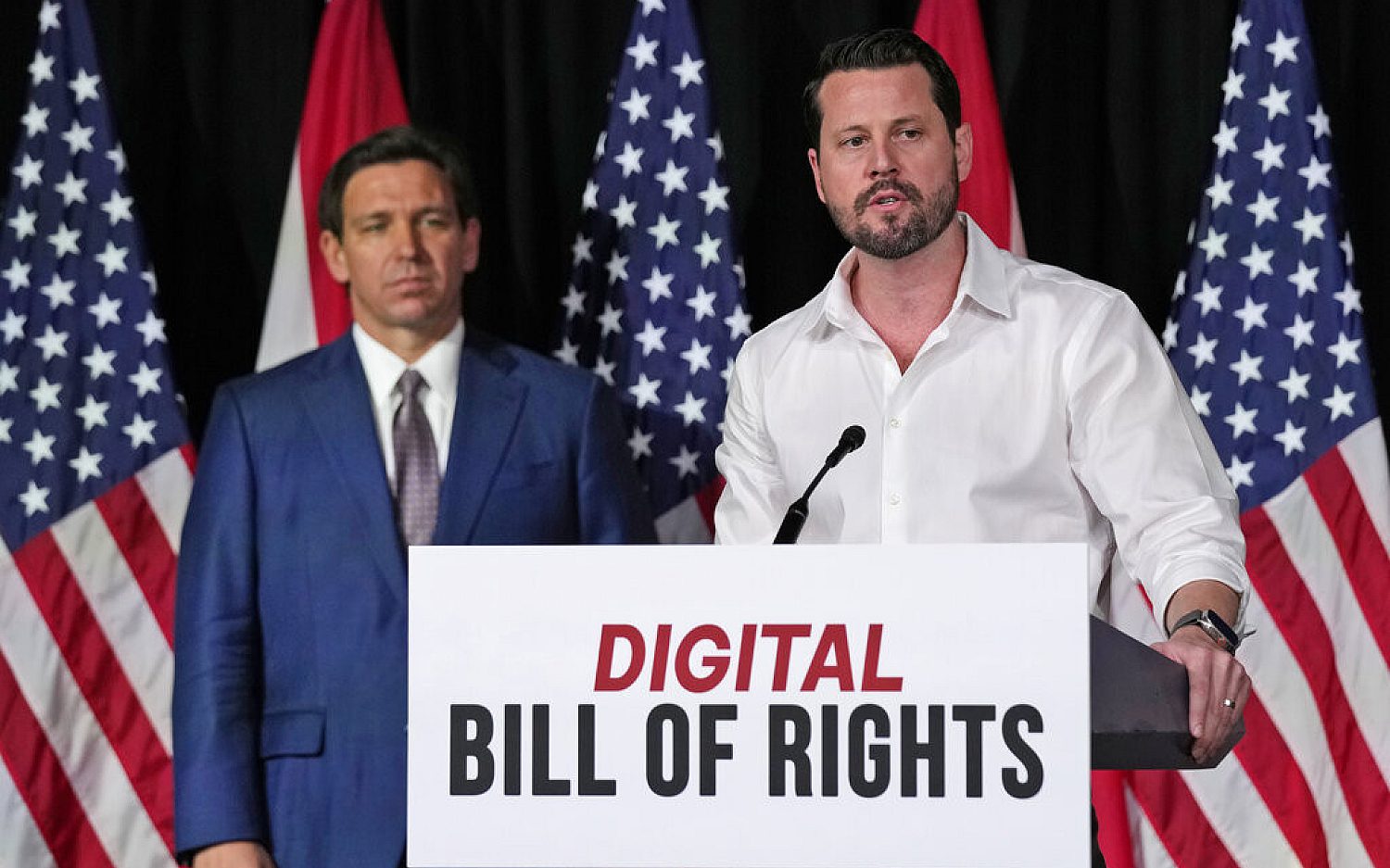North Carolina high court OKs school choice program
The North Carolina Supreme Court ruled 4-3 last week in favor of taxpayer-funded scholarships for low-income students to attend private schools.
“Most Americans have school choice, but it is only available if you have money,” said Renée Flaherty, an Institute for Justice attorney who advocated in favor of the grants, known as opportunity scholarships.
The ruling allows for 2,400 low-income students from kindergarten through 12th grade to receive up to $4,200 toward a private school education.
The program derailed in August 2014, when North Carolina Superior Court Judge Robert Hobgood declared it unconstitutional.
“Appropriating taxpayer funds to unaccountable schools does not accomplish a public purpose,” he wrote.
The dissenting high court justices agreed with Hobgood that a lack of standards between public and private schools was problematic. “When taxpayer money is used, the total absence of standards cannot be constitutional,” Associate Justice Robin Hudson wrote for the minority.
But Chief Justice Mark Martin noted a large percentage of low-income students attend underperforming schools.
“Disagreement exists as to the innovations and reforms necessary to address this and other educational issues in our state,” he wrote in his majority opinion. “Our state and country benefit from the debate between those with differing viewpoints.”
After Hobgood blocked the program, Flaherty and the Institute for Justice requested the program stay in place as the appeal process played out. Last school year, 1,200 students got a scholarship.
The application process for the upcoming school year ended in March with more than 5,500 students signing up for the program. Based on a lottery system, 2,400 students will get a scholarship for this year. To be eligible, families must meet the requirements for the federal free and reduced school lunch program, equating to an income cap of $44,000 for a family of four.
Despite the Supreme Court win, the program still has limited money for grants, which Flaherty said comes from the state’s general fund and not from public school budgets. But after the Supreme Court’s green light, the program likely will get more support from the Republican-controlled legislature.
“This ruling makes clear that parents—not education bureaucrats or politicians—ought to be able to choose the educational pathway best suited to their children’s needs, and it empowers thousands of low-income families across the state to make that important choice,” said North Carolina Senate President Pro Tem Phil Berger.
An actual newsletter worth subscribing to instead of just a collection of links. —Adam
Sign up to receive The Sift email newsletter each weekday morning for the latest headlines from WORLD’s breaking news team.




Please wait while we load the latest comments...
Comments
Please register, subscribe, or log in to comment on this article.